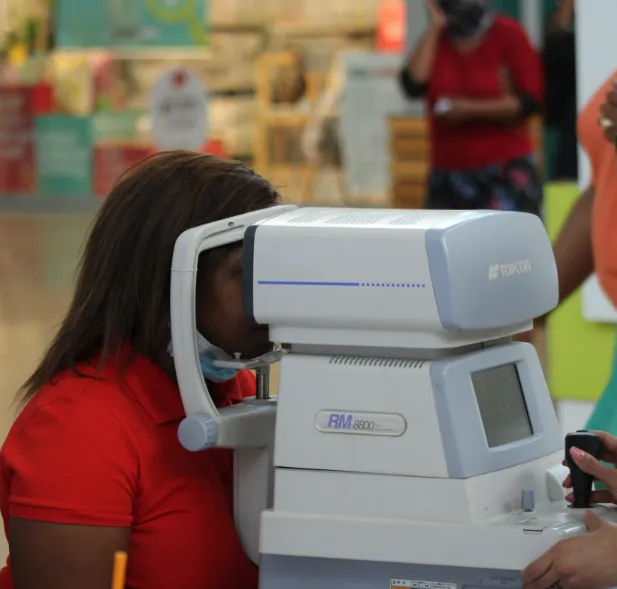Vision plays a critical role in everyday life, yet eye care is often overlooked until problems arise. For many, the cost of exams, glasses, or contact lenses can be a barrier to consistent care. That’s where vision insurance makes a difference. By helping reduce out-of-pocket expenses for routine services and corrective options, it ensures that maintaining healthy eyesight is both affordable and accessible.
What Is Vision Insurance?
Vision insurance is supplemental coverage designed to offset the cost of routine eye care. Unlike general health insurance, which usually only pays for treatment of eye diseases or injuries, vision plans focus on preventive care and corrective tools like glasses or contact lenses. Policies may be offered through employers, purchased individually, or bundled with dental coverage for more comprehensive protection.
What Does Vision Insurance Cover?
Coverage can vary, but most plans include:
- Annual eye exams with low copayments
- Prescription eyeglasses, often with allowances for frames and upgrades
- Contact lenses, either as an annual allowance or an alternative to glasses
- Specialty lenses, including progressive, anti-reflective, or blue-light filtering options
- Discounts on corrective surgery, such as LASIK or PRK, through participating providers
Why Vision Insurance Matters for Overall Health
Good eye care goes beyond clear vision—it can reveal underlying health concerns. Regular exams often detect early signs of chronic conditions like diabetes, hypertension, and glaucoma. By catching these issues sooner, vision insurance supports long-term wellness.
Cost is another factor. Without coverage, exams can exceed $150, while glasses or contacts may cost hundreds each year. Vision plans lower these expenses, making care more manageable. Many also give access to wide provider networks, ensuring convenient options close to home.
Who Benefits Most From Vision Insurance?
While anyone can take advantage of coverage, it’s especially valuable for:
- People who wear glasses or contacts – Frequent replacements quickly add up.
- Parents – Children often need updated prescriptions as their eyes develop.
- Employees – Employer-sponsored vision benefits promote both productivity and wellness.
- Seniors – Older adults face higher risks of age-related eye conditions and benefit from affordable care.
- Families – Bundling vision with dental insurance provides broader preventive care at a lower cost.
Common Questions About Vision Insurance
- Does it cover contacts? Yes, most plans include an annual allowance or provide them as an alternative to glasses.
- How does it differ from health insurance? Health insurance covers injuries and disease; vision insurance focuses on preventive and corrective care.
- Are surgeries like LASIK included? Few plans cover them fully, but many offer discounts.
- What’s best for children? Plans that cover yearly exams and allowances for glasses are ideal, as prescriptions can change frequently.
- Do employers offer it? Many companies include vision coverage as part of their benefits package.
- Can seniors benefit? Absolutely—coverage helps manage ongoing needs and screenings for conditions like glaucoma or cataracts.
Choosing the Right Plan
When comparing policies, keep in mind:
- Premiums and copays – Strike a balance between monthly cost and affordability of services.
- Coverage allowances – Check if the plan provides enough for glasses, frames, or contact lenses.
- Provider networks – Make sure your preferred eye care professional is included.
- Extras – Look for added discounts on surgery or specialty lenses.
- Bundles – Combining dental and vision often creates more comprehensive and cost-effective coverage.
Final Thoughts
Vision insurance is more than a perk—it’s an investment in health and quality of life. From routine checkups to corrective lenses and even surgical discounts, it makes eye care affordable and accessible. Whether you’re an individual, part of a family, an employee, or a senior, the right plan can protect your sight while also supporting your overall well-being.










